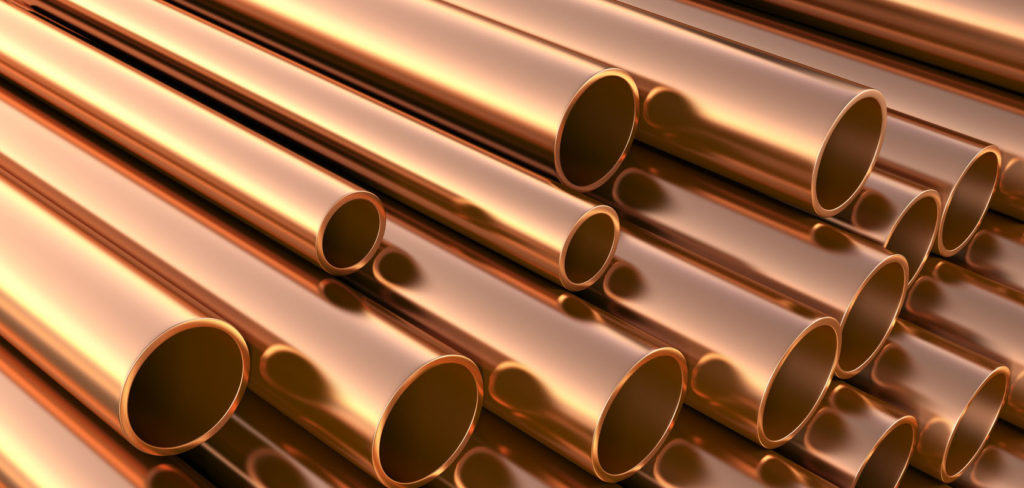Have you ever wondered why plumbing is so complicated? Why should you hire a seasoned plumbing professional instead of doing the work yourself? The answer is that all plumbing tasks must be completed according to a code. And these plumbing codes differ depending on the city and state where you live. A certified, licensed plumbing professional knows and understands the complex nature of plumbing codes. Hiring a professional plumber can eliminate potential problems that can occur if your plumbing service or repair isn’t completed according to the specific plumbing codes in your area.
What Are the Plumbing Codes Where I Live?
Consult the local building department to find out about specific plumbing codes in your area. The professional plumber that you hire to provide plumbing services or perform repairs should also be aware of these plumbing codes. So your plumber should be able to answer any questions that you may have. You can also use the internet to search for information about plumbing codes and repairs in your area. If you live in DC for instance and you need plumbing repairs, simply search DC plumbing repairs.
Plumbing Codes That You and Your Plumber Should Know
One of the most important issues related to plumbing codes has to do with ventilation. Proper ventilation allows your pipes to run efficiently and prevents toxic fumes from entering your home.
Fixtures
Fixtures are another important issue related to plumbing codes. Plumbing fixture should not be placed too close together. This is especially important to remember in smaller rooms in your home such as bathrooms where space is limited.
Size
Another important consideration when it comes to plumbing codes is the size. Plumbing codes determine the right size for vents, drains, and supply lines. In plumbing, size does matter; it can effect many things like water pressure and noise, among others.
Proper Materials
Another key element of plumbing codes has to do with using the proper materials when performing plumbing services or repairs. Most plumbing codes will require plumbers to use copper piping for supply lines and PVC piping for drains. Pex, when used correctly, is often allowed nowadays, as well.
Water Pressure
The water pressure in your home is also very important. If pressure isn’t just right it could cause problems in your home. If the pressure is too low you may need to invest in a pump to boost the pressure. And if the pressure is too high, your plumbing professional might need to install a pressure reduction valve.
Structure of Home
Plumbing services or repairs must not compromise the structural integrity of your home. Sometimes plumbing codes require you or your professional plumber to reinforce joists or to install protective plates over pipes.
Drain Pipe Slope
Plumbing codes require that drainpipes must slope at one quarter inch per running foot. Code also mandates that vent pipes slope at one eighth inch per running foot of pipe. These stipulations keep everything flowing correctly, and help reduce back-ups.
Priming of Pipes
Plumbing codes also require all pipes to be primed. A certified licensed plumbing professional will use purple primer to do this so that it easy to see that pipes have been primed and are in compliance with codes.
These are just a few of the considerations related to plumbing codes that are crucial when your plumbing professional is performing plumbing services or making plumbing repairs in your home.
http://plumberindc.com/plumbing-codes/
No comments:
Post a Comment